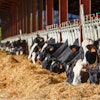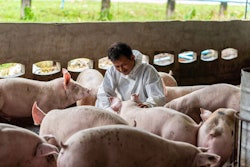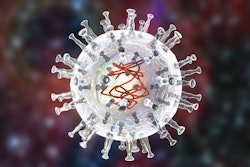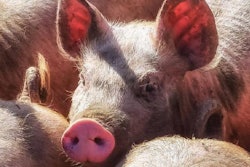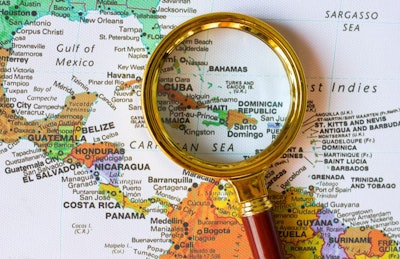
Foreign animal disease protection zone will be set up in Puerto Rico and the US Virgin Islands to protect the country from African swine fever
The U.S. Department of Agriculture’s (USDA) Animal and Plant Health Inspection Service (APHIS) said it would establish a foreign animal disease (FAD) protection zone in Puerto Rico and the U.S. Virgin Islands to protect the country and its territories from African swine fever (ASF).
The announcement comes almost a month after ASF was first confirmed in nearby Dominican Republic. The disease has not been detected in the U.S. or any of its territories.
“Out of an abundance of caution, APHIS is taking this additional action to further safeguard the U.S. swine herd and protect the interests and livelihoods of U.S. pork producers,” USDA said in a press release.
The World Organisation for Animal Health (OIE) provides for the establishment of a protection zone within an area free of disease, as a temporary measure in response to an increased risk from a neighboring country or zone of different animal health status. Once the OIE recognizes the protection zone(s), APHIS will work to confirm that individual countries recognize and accept the zone(s). Their recognition will ensure the continued flow of U.S. pork and live swine exports.
When the protection zone is established, APHIS will have processes in place in Puerto Rico and the U.S. Virgin Islands to restrict movement of live swine and products out of the protection zone; conduct appropriate surveillance within the protection zone to quickly detect introductions of disease; conduct a public education campaign relating to biosecurity on farms and other establishments, prohibitions on movement of live swine and products outside the region, contacting authorities to report clinical cases, and similar actions.
APHIS has been actively working with officials in the Dominican Republic to assist in their response to the ASF detection, including offering technical advice and assistance on surveillance, quarantine, depopulation, and disposal methods; providing continued testing support, including bolstering in-country testing capacity; and providing additional personal protective equipment for responders. Although ASF has not been confirmed in Haiti, which shares a border with the Dominican Republic, APHIS is offering the country similar support.
“We thank (Agriculture) Secretary (Tom) Vilsack for taking this pre-emptive step to preserve the continuity of U.S. pork exports as we continue to work together to prevent the spread of African swine fever to the United States,” said Jen Sorenson, president of the National Pork Producers Council (NPPC). “We have significantly bolstered U.S. biosecurity defense against ASF since it began spreading in the Asia-Pacific region nearly three years ago and must re-double our efforts given the recent outbreak in the Dominican Republic.”
NPPC noted the following measures for U.S. pork producers to take to prevent ASF:
- Use caution when hosting on-farm visitors from an ASF-positive region of the world; follow downtime recommendations from USDA’s Plum Island Foreign Animal Disease Diagnostic Laboratory.
- Review your biosecurity protocols to ensure consistent practice of appropriate safeguards.
- Fill out the Foreign Animal Disease Preparation Checklist found here and enroll in the Secure Pork Supply program.
- Visit with your feed suppliers to discuss the origin of the feed ingredients they are using in your diets.
Vacation and other travelers to the Dominican Republic should know that it is illegal to transport specialty meat products or other agriculture products from the country to the United States.
View our continuing coverage of the African swine fever outbreak.

